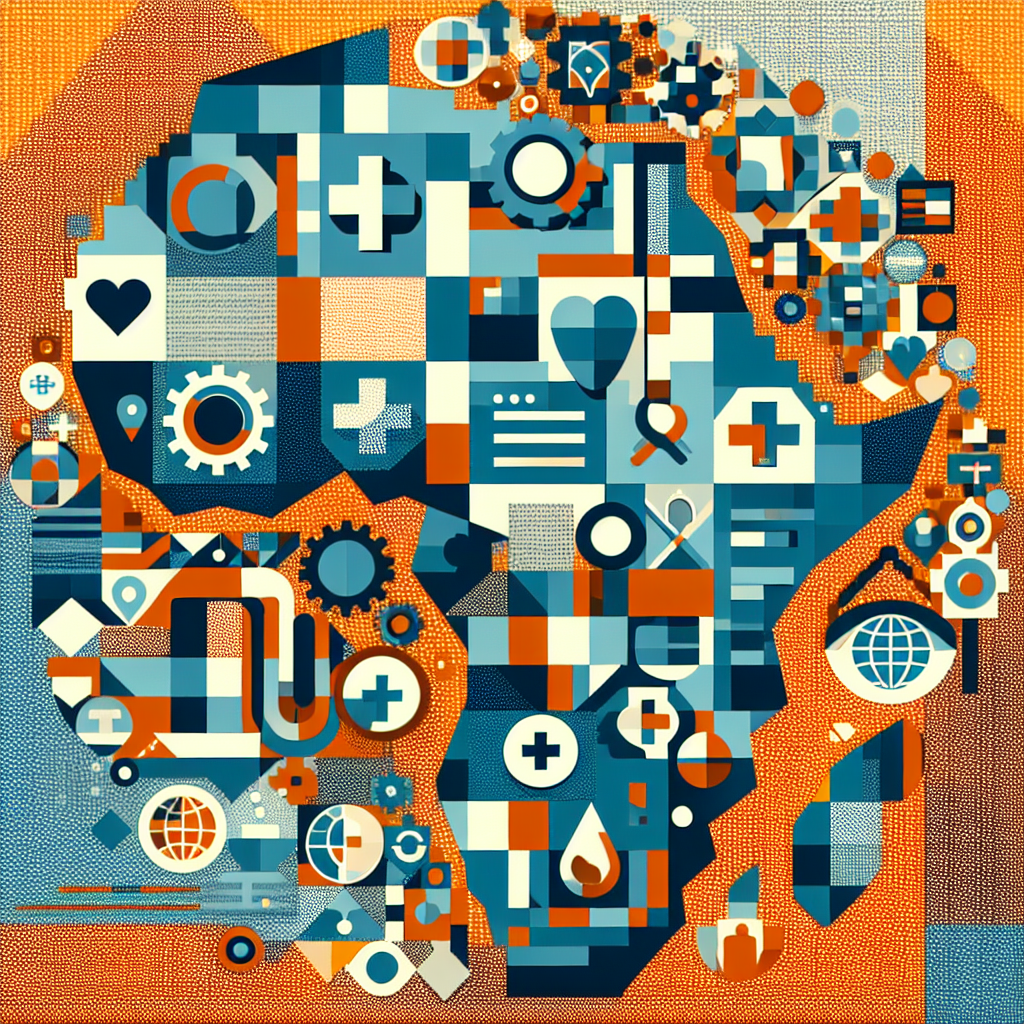
The article from Mitrelli titled “Effective Healthcare Models in Africa: A Blueprint for Accessible and Quality Care” emphasises the pressing need for innovative healthcare models in Africa. It provides a comprehensive analysis of the challenges facing Africa’s healthcare systems while proposing solutions that could enhance access and quality of care across the continent.
Challenges in African Healthcare
– More than 50% of Africa’s population lacks access to essential healthcare services, according to the World Health Organization (WHO).
– Rural areas are particularly affected, with 43% of Africans living more than 5 kilometers from the nearest healthcare facility, as reported by UNICEF.
– Africa bears 24% of the global disease burden but has only 3% of the world’s health workforce, indicating a severe shortage of trained medical professionals.
– The maternal mortality rate in Sub-Saharan Africa is one of the highest globally, with 533 deaths per 100,000 live births, emphasising the dire health outcomes.
Innovative Healthcare Models
– The article emphasises the need for visionary models and national plans that prioritise proximity, quality, sustainability, and technology to transform healthcare access and equity in Africa.
Two exemplary projects are highlighted:
– In Angola, Mitrelli collaborated with the government to establish state-of-the-art hospitals serving over 3 million people. These hospitals integrate preventive care, advanced diagnostics, maternity services, and rehabilitation. They are equipped with cutting-edge technology and trained healthcare professionals, eliminating the need for distant referrals and providing quality care locally.
– In Côte d’Ivoire, Mitrelli developed 345 Primary Care Centers (ESPCs) as part of the government’s national plan. These centers ensure that rural communities are never more than a few kilometers from essential healthcare services. They offer clinical care, health education, and preventive services while managing chronic conditions and supporting maternal and child health. Telemedicine and ongoing workforce training are integral components of these centers.
Key Components of Effective Models
These models ensure no one is more than 5-6 kilometers from essential medical services. They emphasise high-quality, sustainable care by training local professionals and using technology. In Angola and Côte d’Ivoire, healthcare facilities integrate services like preventive care, diagnostics, maternity, and rehabilitation for comprehensive access.
Scalability and Impact
These projects offer scalable models that can be replicated across Africa to address the continent’s unique healthcare challenges. Africa’s healthcare models offer a roadmap to triple infrastructure by 2050 for its growing population.
Conclusion
In conclusion, Africa urgently needs innovative healthcare models like those in Angola and Côte d’Ivoire, focusing on proximity, quality, sustainability, and technology. Moreover, they have the potential to significantly improve health outcomes and foster equity in underserved areas. The scalability of these healthcare models makes them viable solutions for addressing Africa’s broader healthcare challenges.
